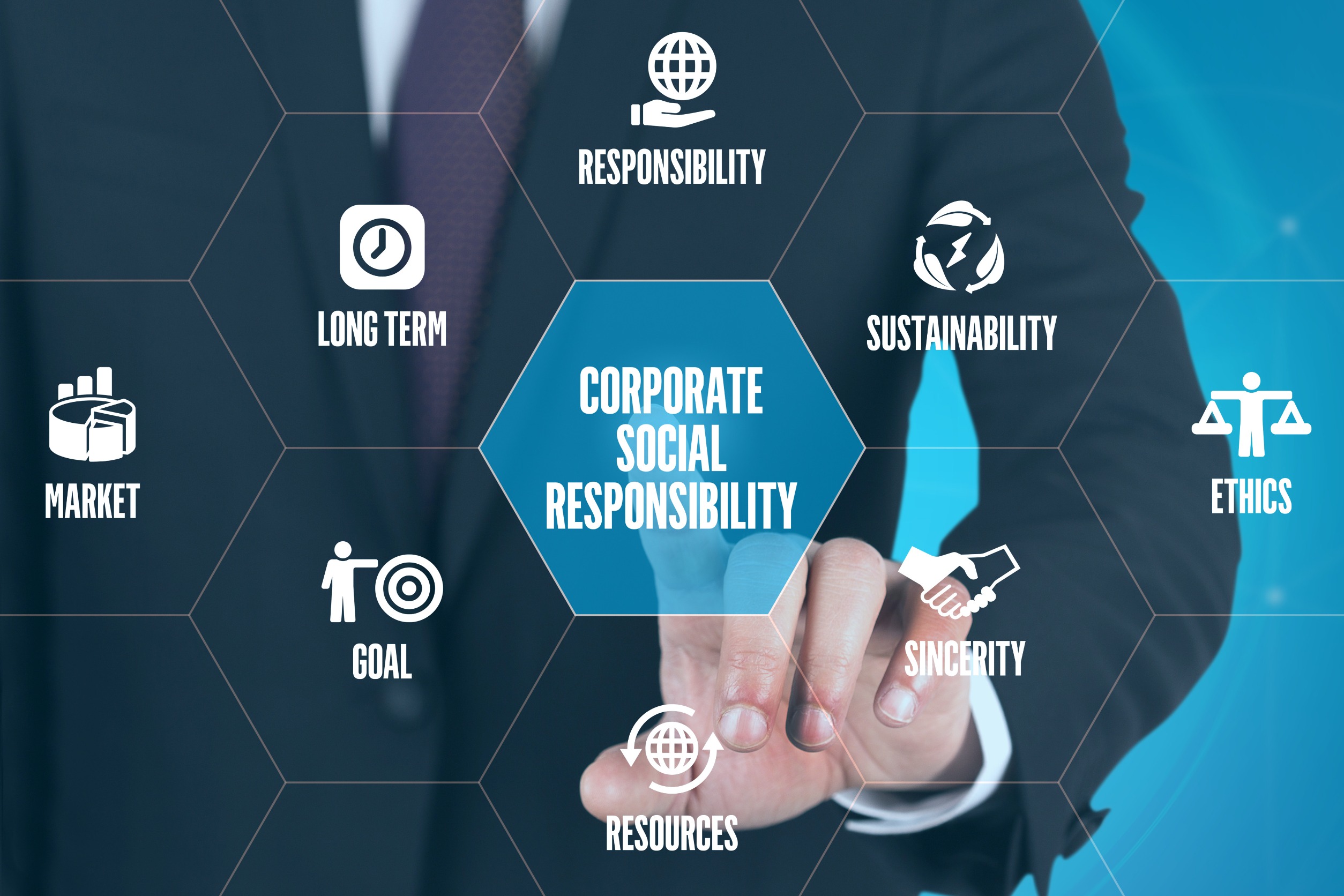
CSR’s Importance In The Hospitality Industry
Corporate social responsibility (CSR) is a concept that’s been around for a long time, but it’s becoming increasingly important to focus on for just about any business. Increasingly, consumers are looking for brands that they can trust, that share their values, and that make them feel good about where they’re spending their money.
In the hospitality industry there are many ways that this is becoming evident.
When looking for accommodation or a restaurant, many people are concerned about the carbon footprint of the establishment. They’re also interested in the way the restaurant or hotel uses natural resources and conserves energy. In fact, studies show that as many as half of consumers are willing to pay more if the option is more sustainable and uses ethical practices.
It’s therefore clear that the hospitality industry needs to focus on CSR and to make guests feel like they’re also making a difference.
Let’s take a look at the positive impact a well-rounded CSR program can have on a business in the hospitality industry and what happens:
1. When You Go Green
We’ve already spoken about the sustainability factor and how many consumers are interested in the practices shown by a restaurant and hotel. It’s really a growing concern for consumers now. A study conducted by Expedia Group showed that 90% of travelers prefer to book into accommodation that showcases sustainable practices. In addition to this, many of those same people would be willing to take a dip in convenience and comfort to support accommodation that is more eco-conscious.
You don’t have to completely revamp and install eco-toilets in your bathrooms or refit your establishment to operate off the grid. However, making a few small changes can result in a big difference. Energy-efficient lights, low-flow taps, and reducing single-use items in your business will go a long way toward being greener.
2. When You Focus on Staff Wellbeing
CSR actually started as a means of looking after employees. It was noted that companies had a responsibility to look after their staff as much as they looked after their investors and customers. In the post-Covid world , this is probably more important than ever.
During 2020, it became incredibly difficult for those working in the hospitality industry to operate at all. Many restaurant, hotel, events and catering employees lost their jobs or had to take pay cuts simply because of the various restrictions on public gatherings. Now that the world is righting itself, it’s vital for the hospitality industry to pull those employees back into the fold.
An added bonus of looking after your employees is that your customers will be happier to spend money with you. The average consumer is becoming more and more aware of what a living wage looks like and is not interested in supporting businesses that don’t support their employees properly.
When you look after the wellbeing of your employees, you could well find that you attract more customers.
3. When You Invest in Your Community
Finally, CSR is about more than just the people who work for you. It’s about the people you serve as well. This means looking after the community in which you operate. You can do this through donating to charitable funds that feed the homeless or provide shelter for those in need in the city or town where your business is based. You could invest in upliftment projects such as keeping the streets clean in your neighborhood or fixing up a park near your establishment.
These efforts—time and money spent outside of your business — will actually help you to see financial rewards, too. If your neighborhood is clean and the people are happy, you’ll find that your area becomes a destination to be in, which is good for a hotel, a restaurant, etc.
Tips to Remember About CSR Programs
When implementing a corporate social responsibility program, it’s important to remember that you are genuine about what you’re doing. It can be easy to get negative backlash if the community around your business believes that you’re only doing something good to get positive publicity. This so-called greenwashing is something many businesses are guilty of, and when exposed, this does their reputation more harm than good.
With that in mind, it’s important to:
Be Honest About What You’re Doing
Guests and patrons will fact check these days, and it’s easy for them to do a quick Google right then and there. If you claim to be uplifting the community, using local produce, supporting homegrown initiatives, or have made a significant switch in the way you operate, make sure that you really are. Don’t exaggerate and don’t lie about your CSR initiatives.
Focus on Causes That Make Sense to Your Business
Another major stumbling block that many businesses come up against when implementing a CSR program is what to focus on. There are plenty of causes to get involved in and there are even more quick trends for charities happening on social media all the time.
It’s always important to have a plan for your CSR programs and ensure that you’re focusing on causes that make sense for your business and your brand. If you run a restaurant, think about how you can upskill your employees or donate excess food before jumping onto today’s equivalent of the Ice Bucket Challenge.
Often, the best causes are on your doorstep, and local upliftment can not only better your business, but your immediate community, too. And the better, safer and more connected your community is, the more appealing your business is to guests.
Be Careful About How You Promote Your CSR Program
It’s important to use your CSR program in your marketing. If you’re helping out your community, it’s a good idea to tell the world about it. However, you need to be careful about how you go about promoting the information. Remember point one about getting negative backlash. You don’t want it to look like you’re only interested in the publicity.
Small Changes Can Make Big Waves
CSR in the hospitality industry takes on many shapes and guises. Find the areas that will allow you to make the most impact and everyone will benefit—your business, your employees and your guests.













